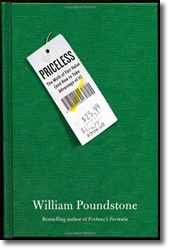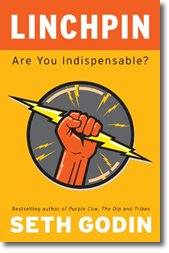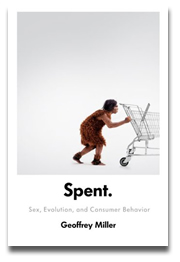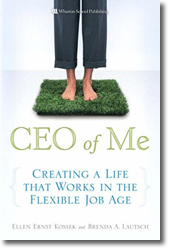Book Review: Priceless
Thursday, August 26th, 2010
Poundstone, William. Priceless : the myth of fair value (and how to take advantage of it). Hill and Wang, 2010.
Years ago, a businessman asked me to recommend a good book on pricing, which is when I first realized that good books on pricing are hard to find. It turns out that more than just a number, price is dependent on context, and any given price can be viewed as a bargain or a rip-off depending upon how it is framed.
In Pricing, author Poundstone describes the psychology of pricing. In most of the book, he describes experiments by well-known a psychology researchers, including those of Fuqua faculty member Dan Ariely, whom he describes as a brilliant Israeli American. Poundstone describes a variety of pricing tricks, some of which are centuries old. He uses cases to illustrate the powerful effects of anchoring and adjustment. He also offers suggestions to use in price negotiations, for example, to threaten to walk away from the table rather than to agree to an unacceptable starting point.
A number of books on behavioral psychology have been reviewed in this blog including Nudge by Richard Thaler; How We Decide by Jonah Lehrer; Sway by Ori and Rom Brafman; and the Upside of Irrationality by Dan Ariely. All of these books, including Priceless, are informative and interesting reads. At the end of the day, however, it is probable that even those who have read these books will continue to find themselves manipulated by price. It turns out that even things that no one believes still influence our behavior.
© Reviewer: Meg Trauner & Ford Library – Fuqua School of Business.
All rights reserved.




